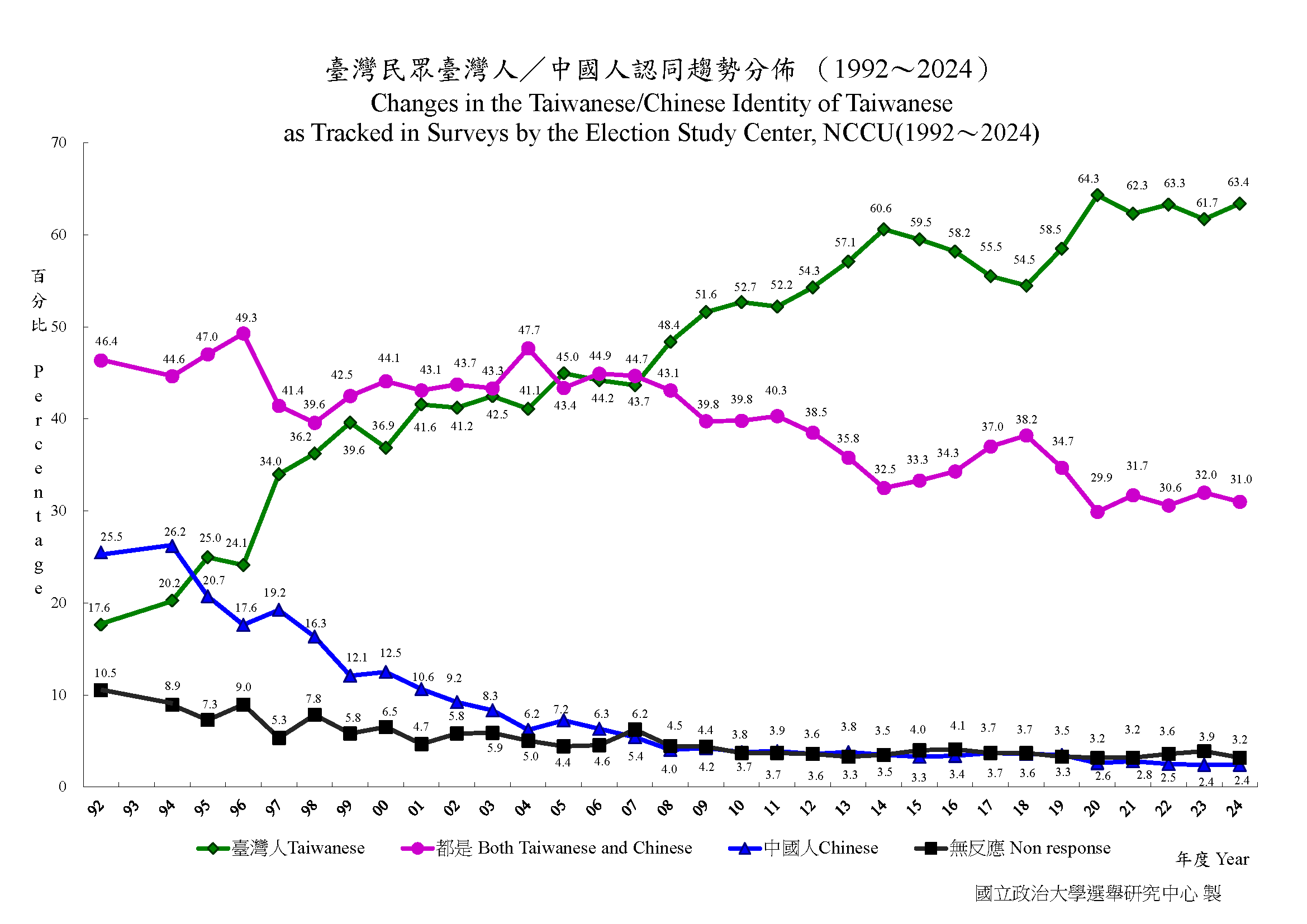(Washington Post gift article)
Selected quotations:
Many Western democracies lining up to recognize a Palestinian state are in the process of conferring legitimacy on something that, legally speaking, doesn’t yet exist. Meanwhile, an economically crucial and politically functional democratic state that Western leaders have vowed to aid in case of outside aggression — Taiwan — remains unrecognized. This kind of hypocrisy invites trouble.
Note: The context of the writer's opinion that Palestine is "unqualified" for recognition stems from the fact that their government is only partially-functional, divided, with borders nobody seems to respect, and ultimately just gets bullied around by Israelis and doesn't seem to be able to exercise sovereignty in any way other than what the Israelis allow them to. The article's author seems to understand that recognitions of Palestinian sovereignty are more to do with being lip service expressing sympathy for the Palestinian suffering perpetrated by Israel rather than real, tangible attempts to establish relationships with a functioning state that exercises sovereignty.
This year, Taiwan’s gross domestic product is set to surpass $800 billion. Freedom House scores its democracy at 94/100 — more free than Britain and nearly on par with Germany. The Economist Intelligence Unit ranks it 12th in the world for democratic governance, the highest in Asia. Taiwanese passports grant visa-free travel to almost 140 countries.
This stark contrast reflects a failure of political courage. Western democracies’ refusal to recognize Taiwan stems not from doubts over qualifications, but rather from fear of economic retaliation from China. Yet this diplomatic self-censorship undermines the very rules-based international order the West purports to defend. If and when China launches an invasion and calls it an “internal matter,” any legal and political legitimacy the West would hope to muster in opposing such a move would be hobbled.

They are trying not to remind China of their continued existence